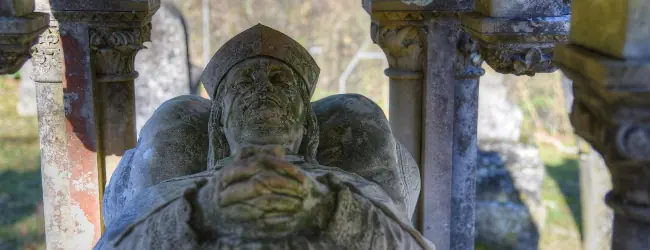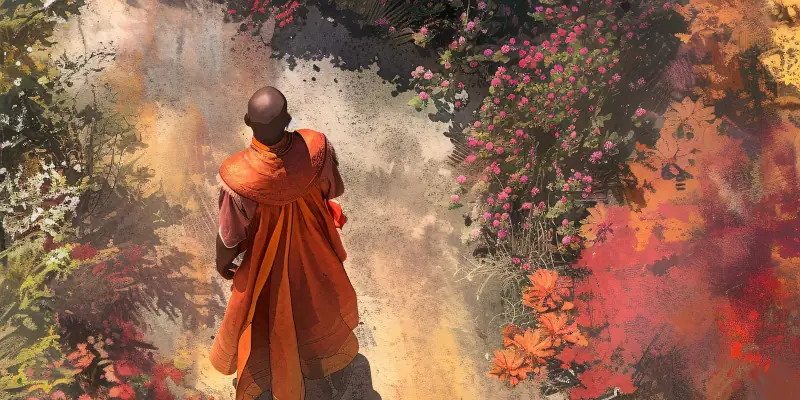In the previous article (this article), I introduced a broader, historical perspective. It shows our ignorance, and that awareness turns fear of the unknown into curiosity. In other words, rationality frees us from the guilt of ignorance.
Today, let’s talk about the desire for a mission in life.
Being freed from the mission in life
Similar to the guilt of ignorance, there is an emotional suffering that I call a desire for a life mission. It often disturbs our mental stability.
We sometimes want a purpose in life. It gives us a sense of security that we only need to do one thing. We call it a life mission.
Judging things requires mental strength. If we devote ourselves to it, we don’t have to struggle with decisions. Even if we fail, something great will save us. In other words, we use the concept of a life mission as an excuse for avoiding decisions.

However, it often requires sacrifice: we cannot balance our lives. We will pursue only one aspect of life. That makes us lose stability in life and exhausts us.
By the way, this concept can be found in many religions and spiritual teachings, and traditional religions also teach us that the mission in life is not abandoning our rational decisions. They emphasize that our rationality is important.
However, we often interpret according to our superficial desires. This leads us to misunderstand that having a mission eliminates the difficulty of making decisions.
Living with chaos
Yesterday, I realized that a broader and historical perspective also releases us from the shackles of mission in life. We have to remove the image that a life mission is something heroic and majestic.
From a broader perspective, we can see that there are various values. If I raise one common nature, it would be, ‘For me, my species is the most wonderful.’
From a historical perspective, we can understand that there is no winner. History itself changes. Even those who founded a nation will always decline when their era ends.

That perspective tells us that everything is unstable and contradictory. If we view ourselves as individual lives, we may appear selfish. However, when we see ourselves as part of the greater whole, we act selflessly for all living beings. Even eating other lives is a part of natural law.
That awareness makes it easier to decide because it allows us to be rational. It tells us that even the rise and fall of nations is a short-term matter. Similarly, our desires in the moment are not something we can waste easily. They can be more important than the fall of the nation. That eliminates assumptions and allows us to judge based on rationality.
In other words, chaos saves us. Our mental suffering arises from the inability to make decisions. Accepting chaos allows us to judge moderately.
Conclusion
That is why our missions in life have to be neither heroic nor majestic.
Our mental suffering arises from the inability to make decisions.
However, everything is unstable and contradictory. We can choose freely between selflessness and selfish desires.
That awareness might make it easier to decide and free us from mental suffering.
Thank you for reading this article. I hope to see you in the next one.


